1. Cooking From Scratch
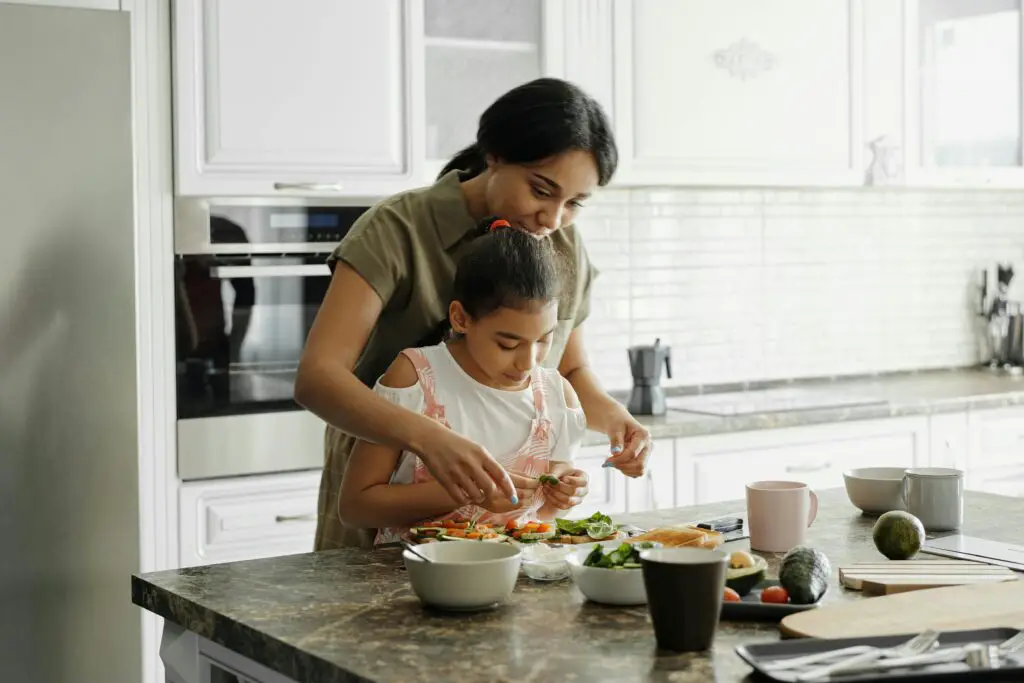
Your grandparents weren’t ordering takeout or throwing a frozen meal in the microwave when they were kids. They were in the kitchen, learning how to cook real food with whatever ingredients were available. Whether it was baking bread, making a hearty stew, or whipping up homemade desserts, they knew how to feed a family without relying on prepackaged shortcuts. Cooking from scratch wasn’t a special skill—it was a necessity. They measured ingredients by eye, followed recipes from memory, and knew how to substitute when something was missing shares Parents.
This kind of cooking wasn’t just about making meals; it was about stretching a budget and making sure nothing went to waste. If they had leftover vegetables, those went into soup. If they had stale bread, it became pudding or stuffing. Today, we might follow YouTube tutorials for meal prep, but they just knew how to make do with what they had says SheKnows.
2. Sewing and Mending Clothes
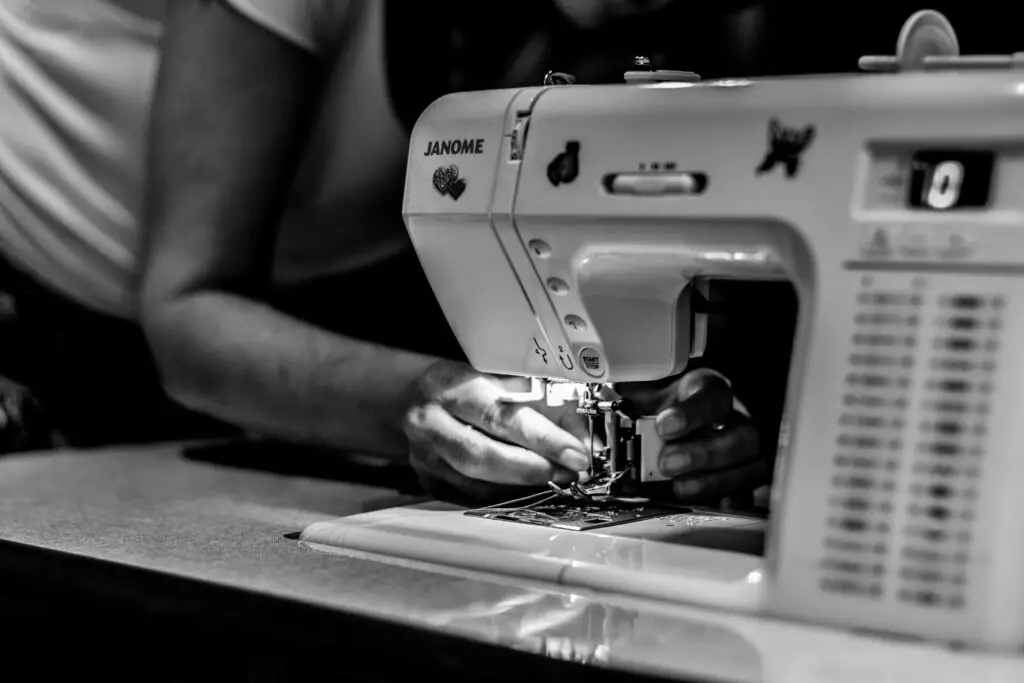
Back in the day, if you ripped a hole in your pants, you didn’t just toss them out and buy a new pair. Your grandparents knew how to sew on a button, mend a tear, and even patch up a pair of shoes if needed. They didn’t see clothing as disposable, and they certainly weren’t cycling through fast fashion trends. If something was well-made, it was worth fixing, and they had the skills to do it says Slate.
Sewing wasn’t just about repairs, either. Many kids were taught to make their own clothes from scratch. Girls learned how to hem skirts and boys might have helped with darning socks. If you had a special event coming up, chances were, you or someone in your family made the outfit. Compare that to today, where even replacing a button feels like a lost art shares Scholastic.
3. Growing Their Own Food

Your grandparents didn’t just rely on grocery stores—they often had a backyard garden or even some chickens. It wasn’t just a hobby; it was a way to make sure there was fresh food on the table. They knew how to plant, water, weed, and harvest their own vegetables. If they wanted a tomato for dinner, they didn’t have to drive to the store; they just picked one off the vine.
Preserving food was another essential skill. Canning, pickling, and drying were common ways to make sure food lasted through the winter. Nothing was wasted—extra cucumbers became pickles, and surplus apples turned into jars of sauce. Today, gardening is more of a trend, but back then, it was just a way of life.
4. Handling Money Responsibly

Before they even hit their teenage years, your grandparents likely had a strong understanding of money. They weren’t given an allowance just for existing—they earned it by doing chores or working small jobs. Every penny counted, and they learned early on how to stretch a dollar. They knew the value of saving up for something instead of buying on credit.
They also understood the importance of budgeting, even if they didn’t call it that. They kept track of expenses in their heads or in little notebooks. If they wanted something, they figured out how to pay for it without going into debt. Today, we have budgeting apps, but they learned money management the old-fashioned way—by making smart choices early on.
5. Doing Hard Physical Work
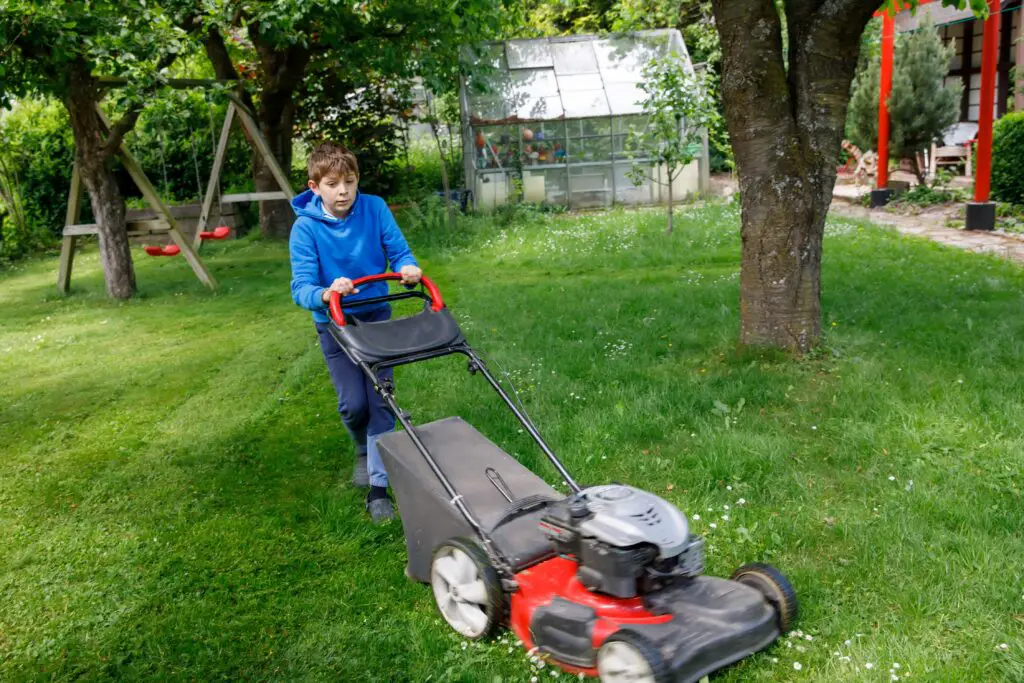
Whether it was chopping firewood, hauling water, or helping out on the family farm, your grandparents weren’t strangers to hard labor. Kids were expected to contribute, and they didn’t complain about it (well, not too much, anyway). Work was just part of daily life, and everyone had a role. They learned that if they didn’t put in the effort, things didn’t get done.
This kind of physical work built strength, resilience, and a strong work ethic. They didn’t see chores as optional; they saw them as necessary. It also meant they learned to take pride in their work, no matter how small the task. These days, many of us avoid manual labor, but back then, it was just part of growing up.
6. Navigating Without GPS

Long before smartphones, your grandparents had to find their way using paper maps, street signs, and good old-fashioned memory. They knew how to get around town without an app telling them when to turn left. If they got lost, they asked for directions or figured it out themselves. By the time they were 14, they likely knew their entire town like the back of their hand.
They also learned to estimate distances and remember landmarks. If they needed to get somewhere, they didn’t rely on technology—they relied on their own sense of direction. Today, many people would be lost without a GPS, but your grandparents had no choice but to develop real navigation skills.
7. Writing Letters by Hand

Before texts and emails, if your grandparents wanted to communicate with someone far away, they wrote letters. They knew how to address an envelope, write in complete sentences, and wait patiently for a response. Letter writing was a skill that required thought, effort, and good penmanship.
They also learned how to express themselves clearly. Without emojis or autocorrect, they had to be intentional with their words. It was common to write thank-you notes, send postcards, and keep in touch with distant relatives through letters. Compared to today’s instant messaging, it was a slower, more meaningful way to communicate.
8. Fixing Basic Household Issues
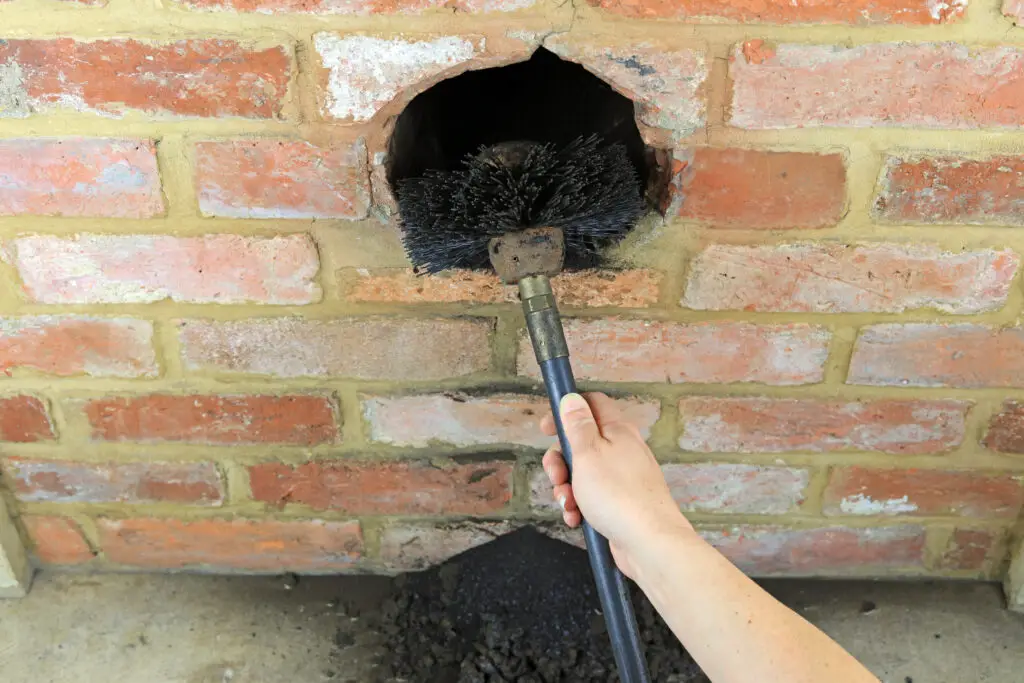
By 14, your grandparents probably knew how to fix a leaky faucet or unclog a drain without calling a plumber. They learned simple repairs from watching their parents or older siblings. A broken chair didn’t mean buying a new one—it meant grabbing a hammer and some nails.
These skills saved time and money. Knowing how to tighten a screw or patch a wall was just part of being self-sufficient. Today, DIY tutorials are everywhere, but your grandparents didn’t need them. They just figured things out.
9. Caring for Younger Siblings

If your grandparents had younger siblings, chances are they were responsible for looking after them. Babysitting wasn’t something you got paid for—it was just expected. They knew how to change diapers, calm a crying baby, and keep little ones entertained.
This gave them patience and a strong sense of responsibility. They didn’t rely on screens to keep kids busy; they told stories, played games, and kept an eye on everything. Being the eldest often meant stepping into a caregiver role long before adulthood.
10. Making Their Own Fun

Your grandparents didn’t have tablets, video games, or constant TV to keep them entertained. They had to come up with their own games and activities. Whether it was building forts, playing outside until dark, or making up stories, they knew how to have fun without electronics.
This kind of play built creativity and problem-solving skills. If they wanted toys, they sometimes had to make them themselves. They found adventure in simple things, like exploring the woods or riding bikes. Today, screens dominate, but they grew up in a world where imagination ruled.
11. Hunting, Fishing, or Foraging
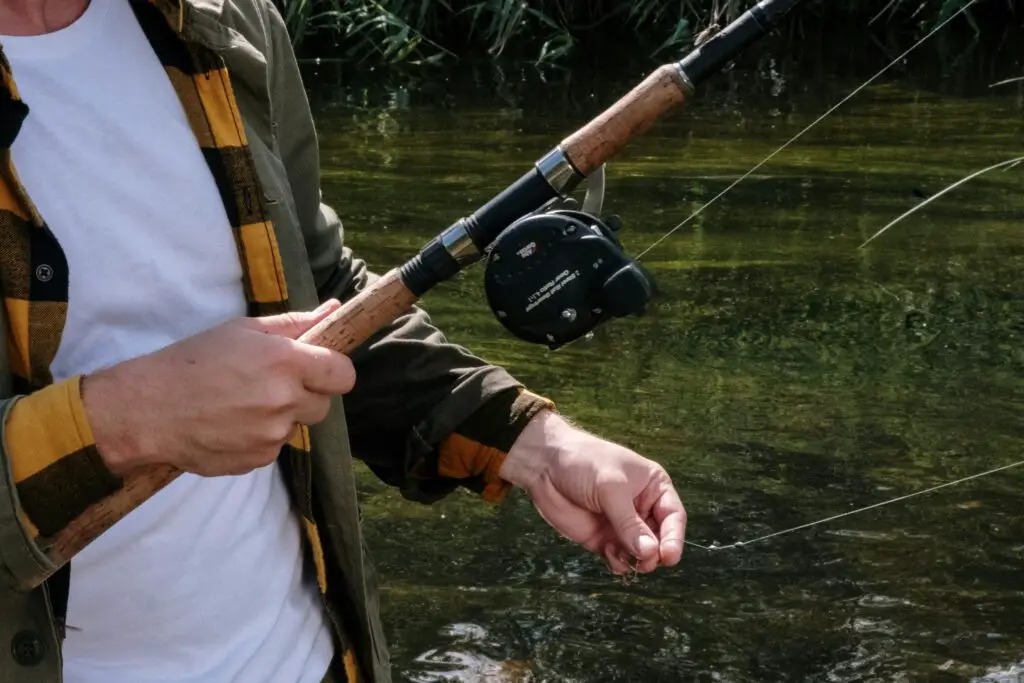
Many kids knew how to catch their own dinner before they were even teenagers. Whether it was fishing at the local pond, hunting small game, or gathering wild berries, they understood how to find food outside a grocery store.
They also learned respect for nature and how to use resources wisely. Hunting and fishing weren’t just hobbies; they were ways to contribute to the family’s meals. Even if they didn’t rely on it daily, these skills gave them a sense of independence.
12. Respecting Their Elders
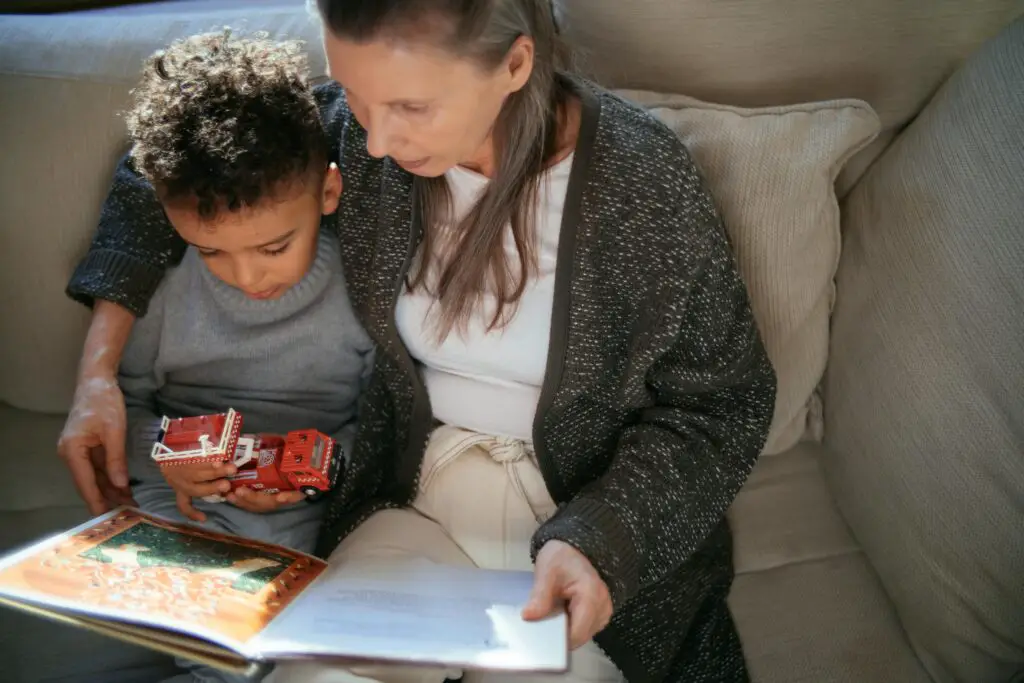
One thing your grandparents learned early was how to show respect. Saying “please” and “thank you” wasn’t optional. They were taught to listen when adults spoke and to help out whenever needed.
Respect wasn’t about fear—it was about understanding the value of wisdom and experience. They knew their elders had been through more and deserved their attention. Today, respect still matters, but back then, it was ingrained in everyday life.
